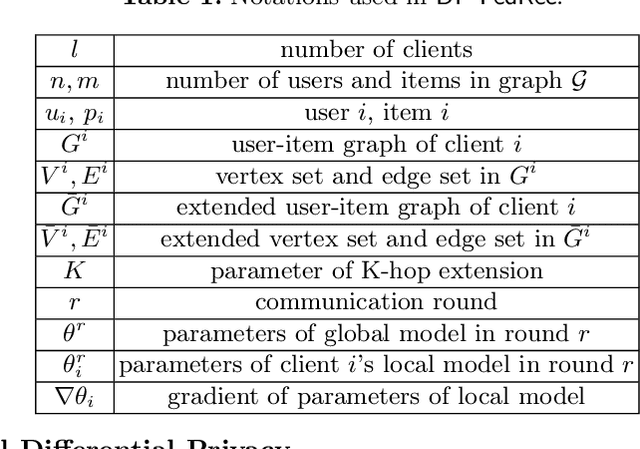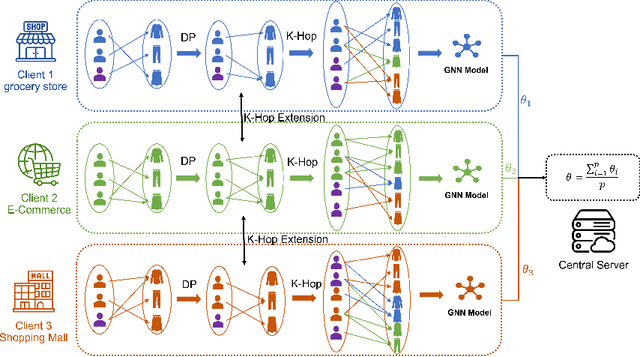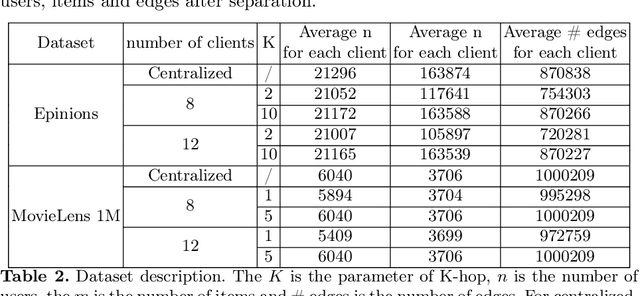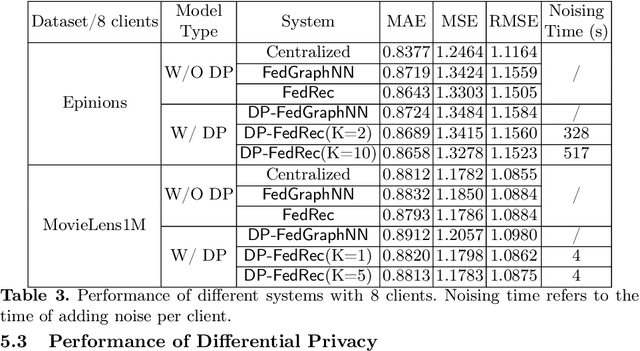Yeqing Qiu
Relaxation-Free Min-k-Partition for PCI Assignment in 5G Networks
Jun 12, 2025Abstract:Physical Cell Identity (PCI) is a critical parameter in 5G networks. Efficient and accurate PCI assignment is essential for mitigating mod-3 interference, mod-30 interference, collisions, and confusions among cells, which directly affect network reliability and user experience. In this paper, we propose a novel framework for PCI assignment by decomposing the problem into Min-3-Partition, Min-10-Partition, and a graph coloring problem, leveraging the Chinese Remainder Theorem (CRT). Furthermore, we develop a relaxation-free approach to the general Min-$k$-Partition problem by reformulating it as a quadratic program with a norm-equality constraint and solving it using a penalized mirror descent (PMD) algorithm. The proposed method demonstrates superior computational efficiency and scalability, significantly reducing interference while eliminating collisions and confusions in large-scale 5G networks. Numerical evaluations on real-world datasets show that our approach reduces computational time by up to 20 times compared to state-of-the-art methods, making it highly practical for real-time PCI optimization in large-scale networks. These results highlight the potential of our method to improve network performance and reduce deployment costs in modern 5G systems.
A Privacy-Preserving Subgraph-Level Federated Graph Neural Network via Differential Privacy
Jun 07, 2022



Abstract:Currently, the federated graph neural network (GNN) has attracted a lot of attention due to its wide applications in reality without violating the privacy regulations. Among all the privacy-preserving technologies, the differential privacy (DP) is the most promising one due to its effectiveness and light computational overhead. However, the DP-based federated GNN has not been well investigated, especially in the sub-graph-level setting, such as the scenario of recommendation system. The biggest challenge is how to guarantee the privacy and solve the non independent and identically distributed (non-IID) data in federated GNN simultaneously. In this paper, we propose DP-FedRec, a DP-based federated GNN to fill the gap. Private Set Intersection (PSI) is leveraged to extend the local graph for each client, and thus solve the non-IID problem. Most importantly, DP is applied not only on the weights but also on the edges of the intersection graph from PSI to fully protect the privacy of clients. The evaluation demonstrates DP-FedRec achieves better performance with the graph extension and DP only introduces little computations overhead.
 Add to Chrome
Add to Chrome Add to Firefox
Add to Firefox Add to Edge
Add to Edge